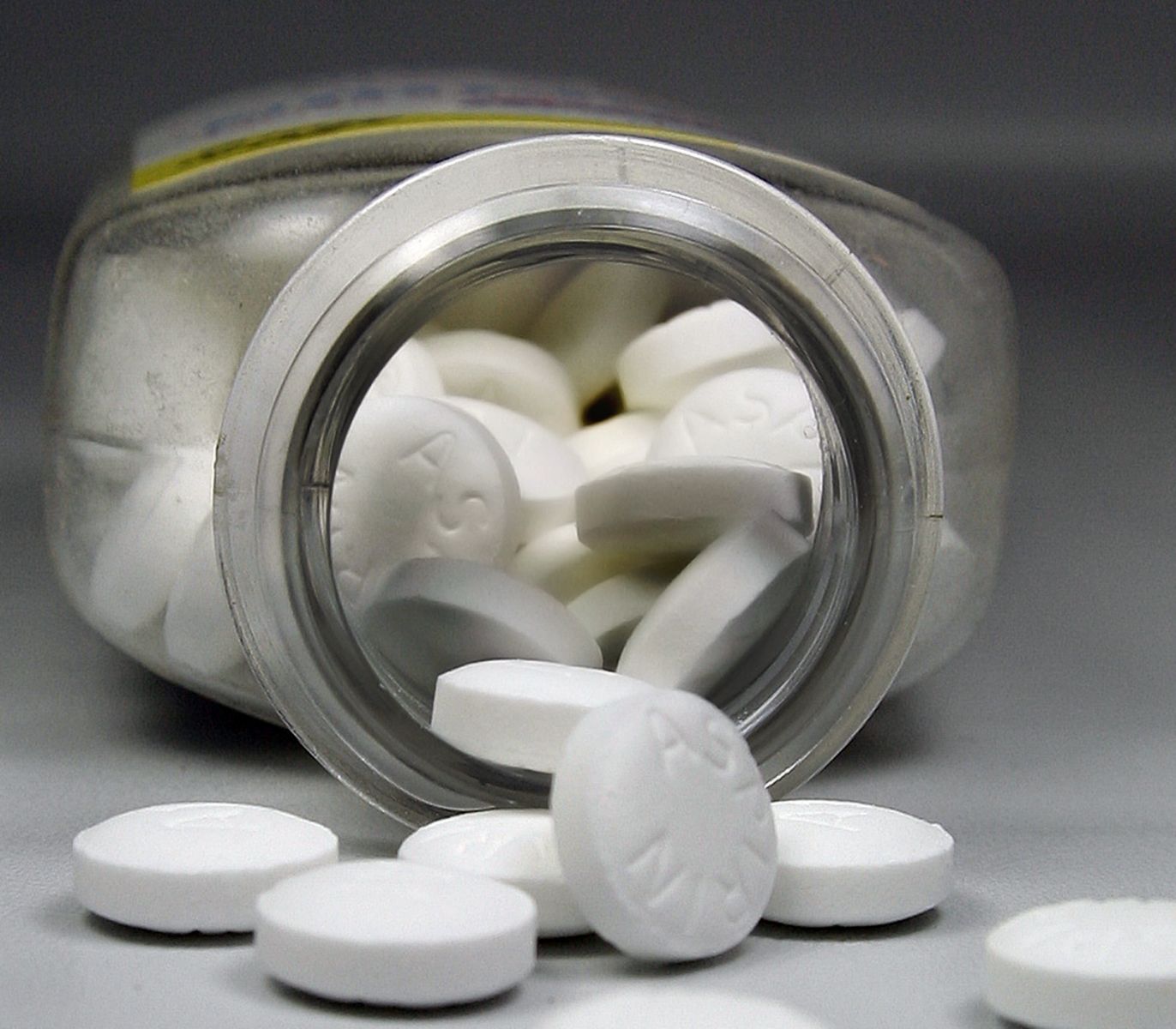An aspirin a day may keep more than just a heart attack away.
Since it was first synthesized in Germany in 1897, acetylsalicylic acid, more widely known as aspirin, has been used to treat various medical ailments – from simple headaches and fever to inflammation. It is one of the most widely used medications globally, with an estimated 44,000 tons, enough to create over 1 billion pills, consumed each year. It’s well known that this medicine may reduce the risk of heart attack and strokes while increasing the chances of surviving them. Now it seems that this household drug may also help in other ways.
New evidence seems to indicate that aspirin can also reduce the risk of several types of cancer. Three studies were followed over 20 years where results showed a 31% decrease in all cancers and a 59% decrease in bowel cancer after participants took the medication for seven and a half years. Most recently, the humble aspirin has offered a great promise that it may help protect against Alzheimer’s disease. This medicine does have some side effects. Some opinions conclude that the benefits far outweigh the risks, due to bleeding, in those with average risk.
The side effects of aspirin
 When you take aspirin, the level of stomach protection is decreased and you’re more likely to bleed. People who take it regularly will have roughly double the likely incidence of suffering a perforated ulcer or bleeding in the GI, gastrointestinal, tract.
When you take aspirin, the level of stomach protection is decreased and you’re more likely to bleed. People who take it regularly will have roughly double the likely incidence of suffering a perforated ulcer or bleeding in the GI, gastrointestinal, tract.
This cause kills more people each year than asthma or cervical cancer.
Unfortunately, there is no simple formula to lower the risk of side effects. When you’re deciding whether someone should take blood pressure medication or diabetes medication, there are clear cutoffs. In the case of aspirin, the decision is multifactorial and requires a lot of thought.
Who needs aspirin daily?
Those who have a documented personal or family history of heart disease, who have diabetes, or who have multiple risks for the development of heart disease, e.g. high blood pressure, high cholesterol or smoking.
Discuss with your doctor to decide whether you should be taking this medicine daily, or how much you need. It’s good to know that even a “baby aspirin” dose of 81 milligrams is safer and just as effective as the standard adult dose of 325 milligrams.
Taking low-dose aspirin isn’t the only way to maximize the drug’s benefits while minimizing its dangers. For people at increased risk of gastrointestinal complications, researchers recommend combining any aspirin therapy with a prescribed proton pump inhibitors (PPI) such as Prevacid, Prilosec or Nexium.
Enteric-coated or buffered aspirin does not appear to have a reduced risk of bleeding or other adverse events in the stomach. Sadly these gastroprotective drugs cost a bit more than a couple of cents a day.




